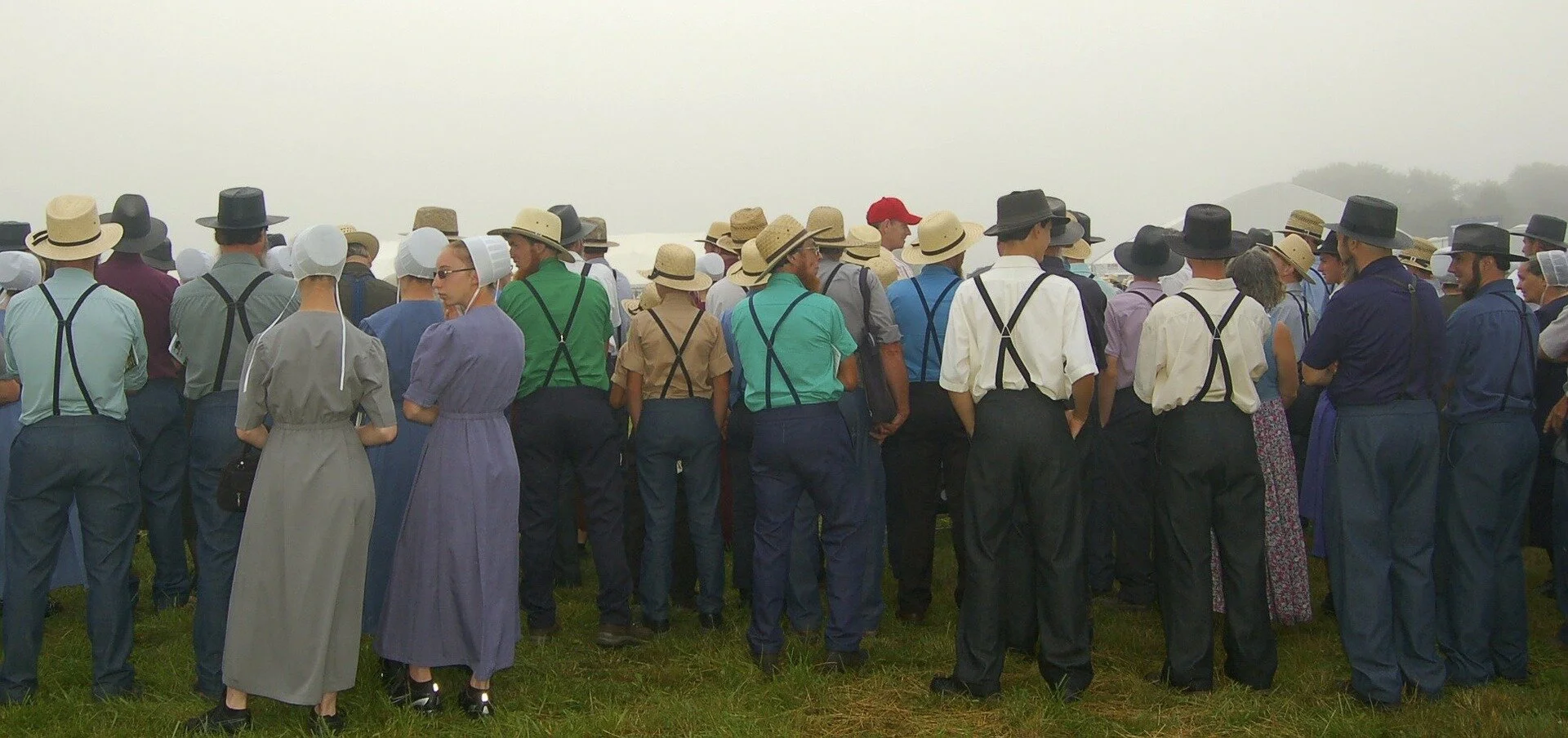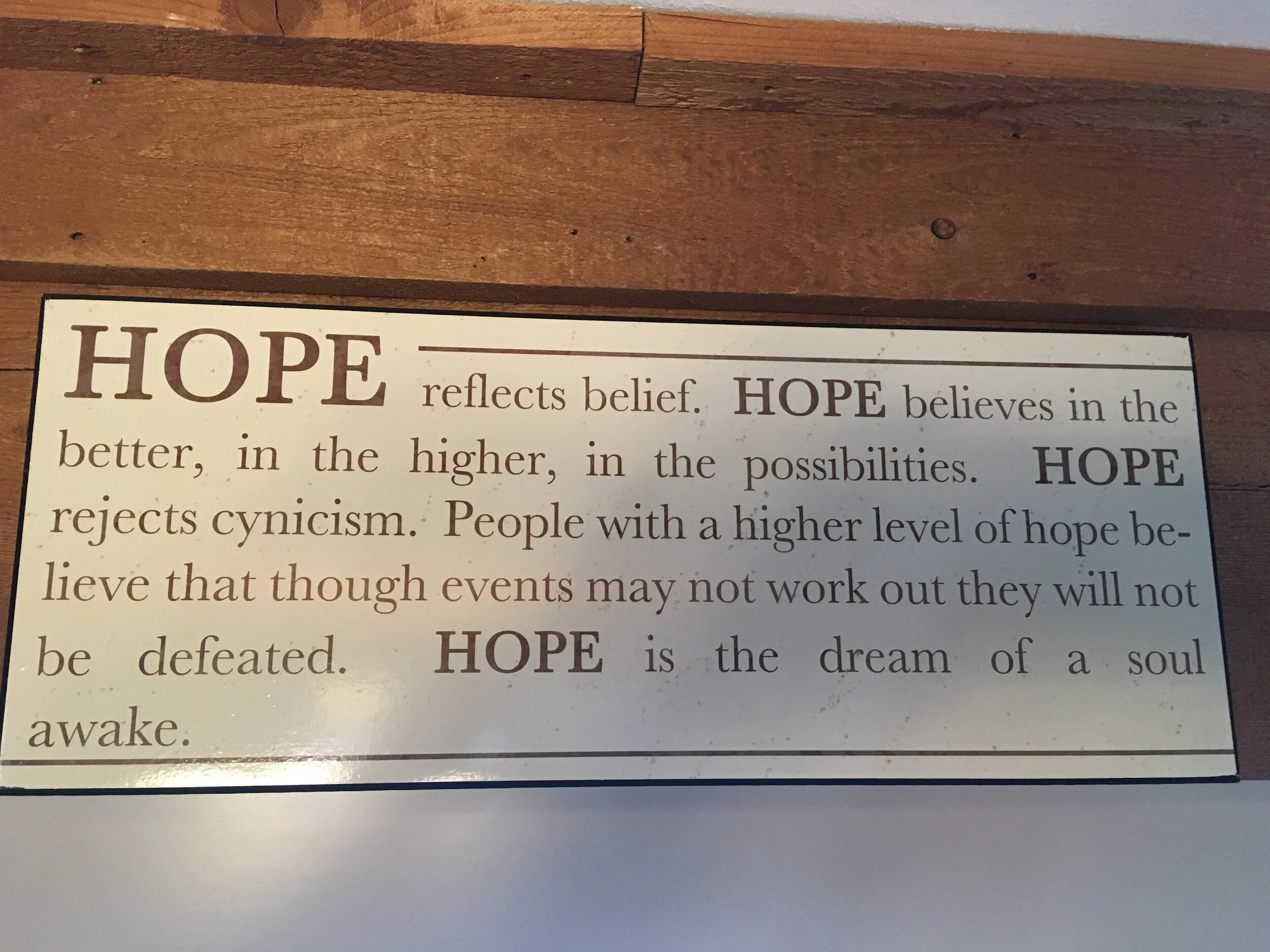When Darkness Comes - Part 1: The Light
I think most of us would prefer to travel through life in the light. In this case, light is a metaphor for good things. Most of us would prefer to have an easy road rather than a rough one. Most of us would prefer to not get car jacked by bad things like illness, job loss, broken relationships or the death of a loved one. Those of us who are church goers, would prefer to go to worship, singing and rejoicing in the goodness of the Lord who has led us in the way of prosperity, and perpetual good times, but that is most likely not your reality, nor is it mine.
Image by Darkmoon_Art from Pixabay
Over the last year we have heard about many who have suffered due to the Covid virus. People have lost time at work, some have lost jobs, others have developed debilitating “long haul” symptoms from the virus, still others have lost loved ones, both young and old. But, before Covid, there were plenty of other things that caused destruction in our world. There have been mass shootings, tsunamis and earthquakes. We are still dealing with diseases like cancer, heart disease and diabetes. In addition things like divorce, rape, child abuse and drug addictions still rise up and destroy individuals and families.
Why? In a world where we have knowledge, medicine, money and plenty of other resources, why do we still struggle with the dark things? Darkness and suffering are part of the fallen world we live in. In the first paragraph I talked about how we all would like to live in the light, but so much of our life is spent in the darkness of shadow. The reasons for this have to do with not only our sin, but His suffering. To understand this idea better, I want to spend this post talking about the light.
“1 In the beginning God created the heavens and the earth. 2 Now the earth was formless and empty, darkness was over the surface of the deep, and the Spirit of God was hovering over the waters.
3 And God said, “Let there be light,” and there was light. 4 God saw that the light was good, and he separated the light from the darkness. 5 God called the light “day,” and the darkness he called “night.” And there was evening, and there was morning—the first day.”
When we look at these verses we see there is a progression. First, God made the heavens and the earth. It goes on to say, “the earth was formless and empty, darkness was over the surface of the deep…” Darkness was there at the beginning. Did God create darkness? When we talk about darkness I think we need to look at it from the perspective of what it is not. Darkness is the absence of light.
I want you to notice another detail, “…and the Spirit of God was hovering over the waters.” God was there, in, around, above and below the darkness. God, most certainly could have created a world without being personally involved in it, but He was there. He was, just as the darkness was over the surface of the deep, hovering over that same deep.
Beloved, when you are in darkness, make no mistake, He is there with you. He is personally involved in the depths you are suffering and He will “…never leave you, nor forsake you.” (Joshua 1:5 NASB)
“Let there be light.”
Our God did not end creation there, as much as proponents of the Big Bang Theory would like us to believe. God didn’t just bang the world into existence then walk away and let it “evolve”. He orchestrated its creation, like a conductor leading a complex symphony. You have heard the phrase, the devil is in the details, but not the details of this creation.
It is hard to represent light without showing the darkness around it, or the way the light plays against an object, or reflects off water. Of course, “God is light; in Him there is no darkness at all.” (1 John 1:5 NASB) It is telling to me that God created light first. The interesting thing here is the light was not from the sun, because the sun had not yet been created. In fact, the sun, moon and stars were not created until the fourth day.
We could question why He created light, but not the things we know give us light at the same time. We might also question, what was this light He created? What was it made out of? What did it look like? Did it have heat, like the sun? I believe everything God does has a purpose. I personally believe that this light was purely His light. The reason this makes sense to me is that it sets up the foundation of our Christian faith, that He is the light and it is only the light of His truth that gives us the ability to see clearly and rightly spiritual things. Just as He knew we, His creation, would need light to live, He also knew, we as bearers of His image would need the light of His revelation to understand our need for Him.
“God saw that the light was good.”
Image by Free-Photos from Pixabay
We could spend a while just talking about the physical benefits of light. Light helps plants to grown, which in turn creates our oxygen. Light lifts our moods in the dreary winter. Light is essential for good vision; try doing a puzzle in the dark. The very first thing God made, He examined and saw that it was good. Our world would die a slow, agonizing death if we gradually lost the light of the sun.
The fact that God determined the light to be good, also sets a precedent. Aren’t all the things that God makes good? Light is symbolic of our ability to understand Spiritual things. The revelation of God is considered light to our minds and hearts, giving us the ability to discern His truth, His will and His ways.
“He came as a witness to testify concerning that light, so that through him all might believe.”
“Believe in the light while you have the light, so that you may become children of light.””
“Your word is a lamp for my feet, a light on my path.”
“…and He separated the light from the darkness. God called the light ‘day’ and the darkness He called ‘night’”
Image by Arek Socha from Pixabay
It was for our benefit God separated the light from the darkness. My imagination wonders what was it like before He made that separation? Were there darkness particles and light particles all mixed up together? Instead of black darkness was it more a gray fog? I am thrilled that one day, I might actually know what it was like at the beginning of our time.
The reality is that darkness and light are all the same to God.
“Even the darkness is not dark to You, And the night is as bright as the day. Darkness and light are alike to You.”
I am intrigued by this idea, and it makes perfect sense when we think about it. God sees all and knows all, so why would darkness be a hindrance to Him. We might not like the dark and many of us try to sleep when it is dark, but to God, our darkness is light. As the Psalmist said, “…the night is as bright as the day.”
I want you to hang on to that thought. If you are going through something dark right now, let me reassure you, you are not alone. Many of us are struggling, facing day after day of difficulty, but God is with us. That darkness is not so dark that He can not see us.
Next time we will take a closer look at the darkness and see what God’s word says about what to do when the darkness comes.






























































































